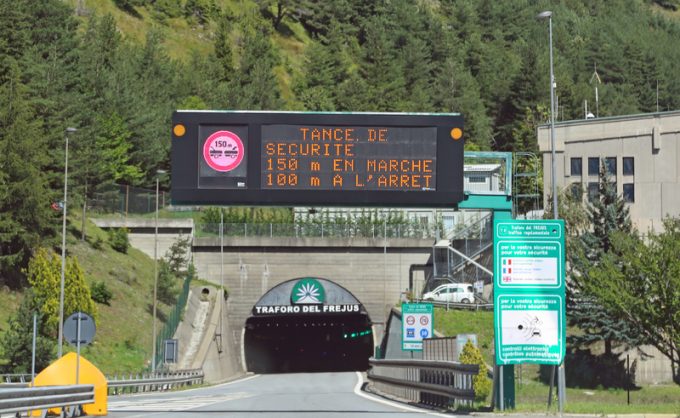Predatory rivals circle as the ripples from DSV's Schenker buy widen
Forwarders are awaiting the fallout from DSV’s purchase of DB Schenker – and the corresponding ...

Rail freight traffic between France and Italy via Modane remains at a standstill after the major landslide in the Maurienne Valley several weeks ...

Comment on this article